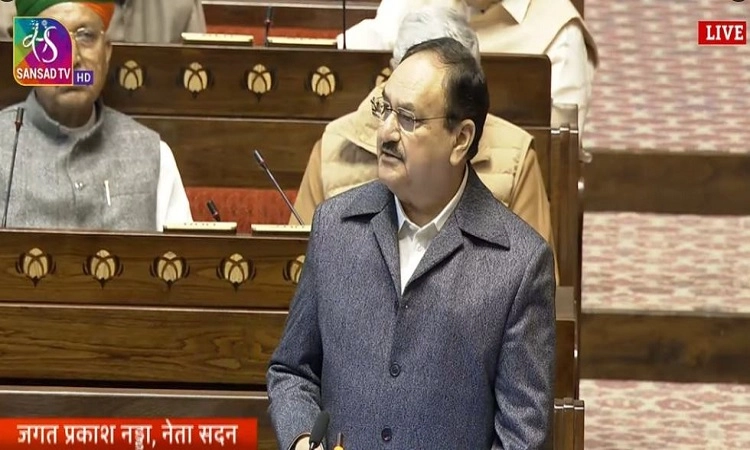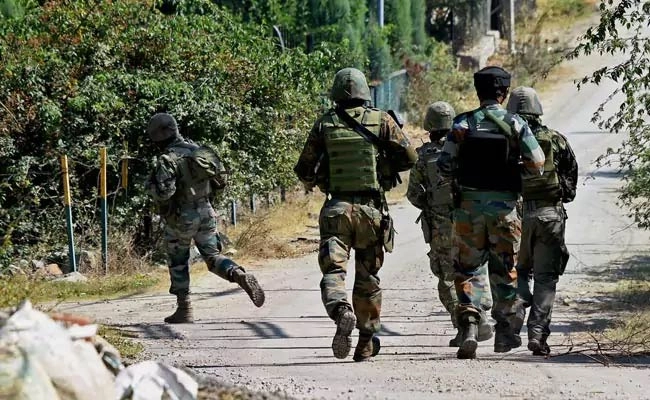As Europe braces for a pivotal meeting between U.S. President Donald Trump and Ukrainian President Volodymyr Zelensky, there is a palpable sense of urgency among European leaders to avert a potential geopolitical showdown. The stakes are high, given the ongoing tensions in Eastern Europe, particularly in light of Russia’s aggressive posture towards Ukraine. European nations are keenly aware that a miscalculation or a shift in U.S. policy could have far-reaching consequences for regional stability. Consequently, European diplomats have been actively engaging in discussions to formulate a unified response that emphasizes solidarity with Ukraine while also seeking to mitigate any potential fallout from the U.S.-Ukraine dialogue.
In the lead-up to this significant meeting, European officials have been working diligently to ensure that their interests are protected and that the support for Ukraine remains robust. Many European leaders are advocating for a comprehensive strategy that not only provides military and economic assistance to Ukraine but also reinforces diplomatic efforts aimed at de-escalating tensions with Russia. The European Union has been proactive in coordinating its response, emphasizing the importance of a cohesive approach to support Ukraine’s sovereignty and territorial integrity. This solidarity is crucial, especially as concerns mount over possible shifts in the U.S. stance following the meeting.
Moreover, Europe is focusing on strengthening its own defense capabilities to deter any potential aggression from Russia. NATO’s presence in Eastern Europe has been bolstered, with increased military exercises and the deployment of additional troops in member states bordering Russia. This collective security approach aims to reassure Eastern European nations and demonstrate a united front against any threats. European leaders are also exploring avenues for dialogue with Russia, hoping to establish channels that could lead to a de-escalation of tensions and a more stable security environment in the region.
As the meeting between Trump and Zelensky approaches, the European response will be closely monitored, not only by member states but also by global observers. The outcomes of this dialogue may influence the trajectory of U.S.-European relations and the future of transatlantic cooperation in addressing security challenges. Europe’s commitment to supporting Ukraine and maintaining a strong stance against Russian aggression will be put to the test, and the world will be watching to see how these dynamics unfold in the coming days. Ultimately, Europe aims to emerge from this critical juncture with a renewed sense of unity and purpose, reflecting its dedication to safeguarding democratic values and regional stability.




